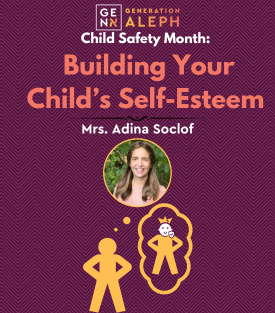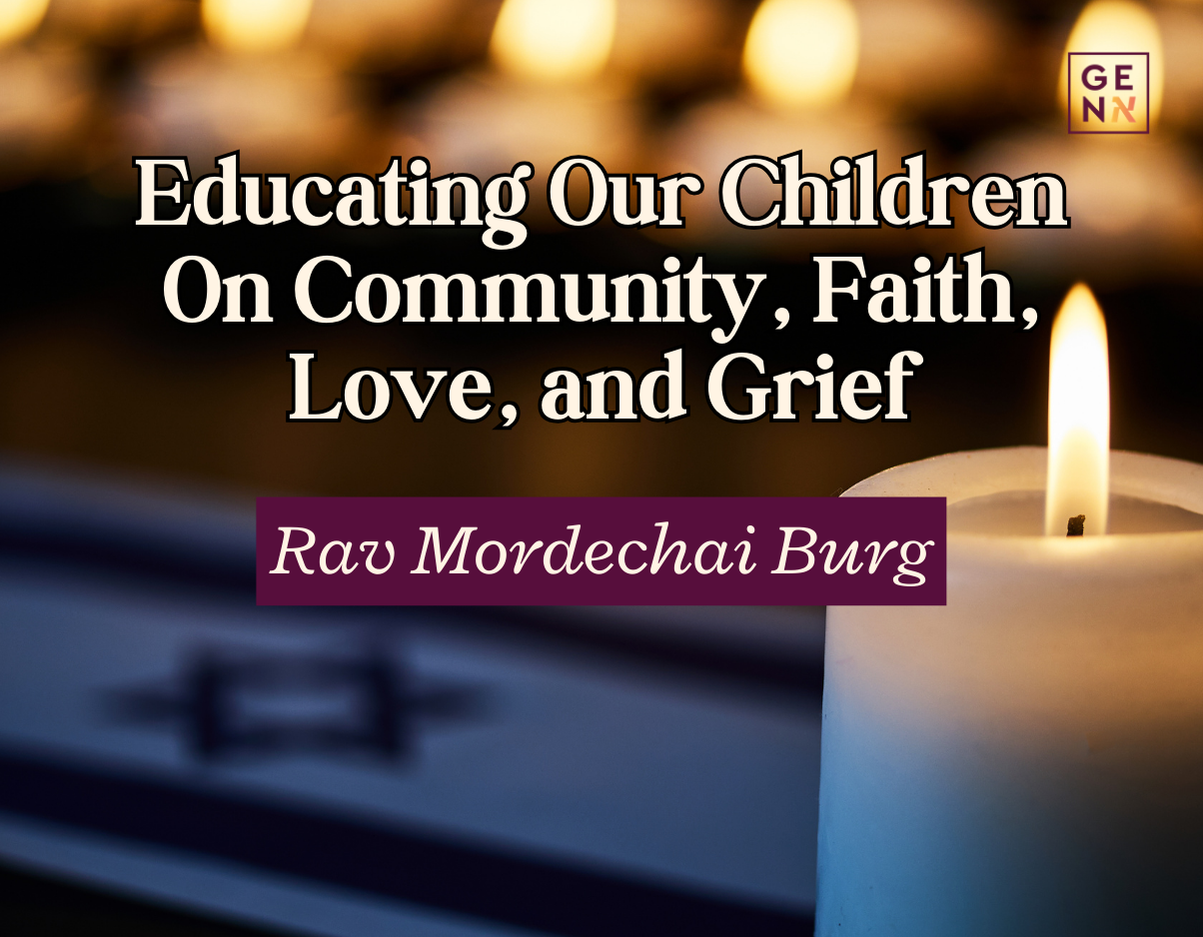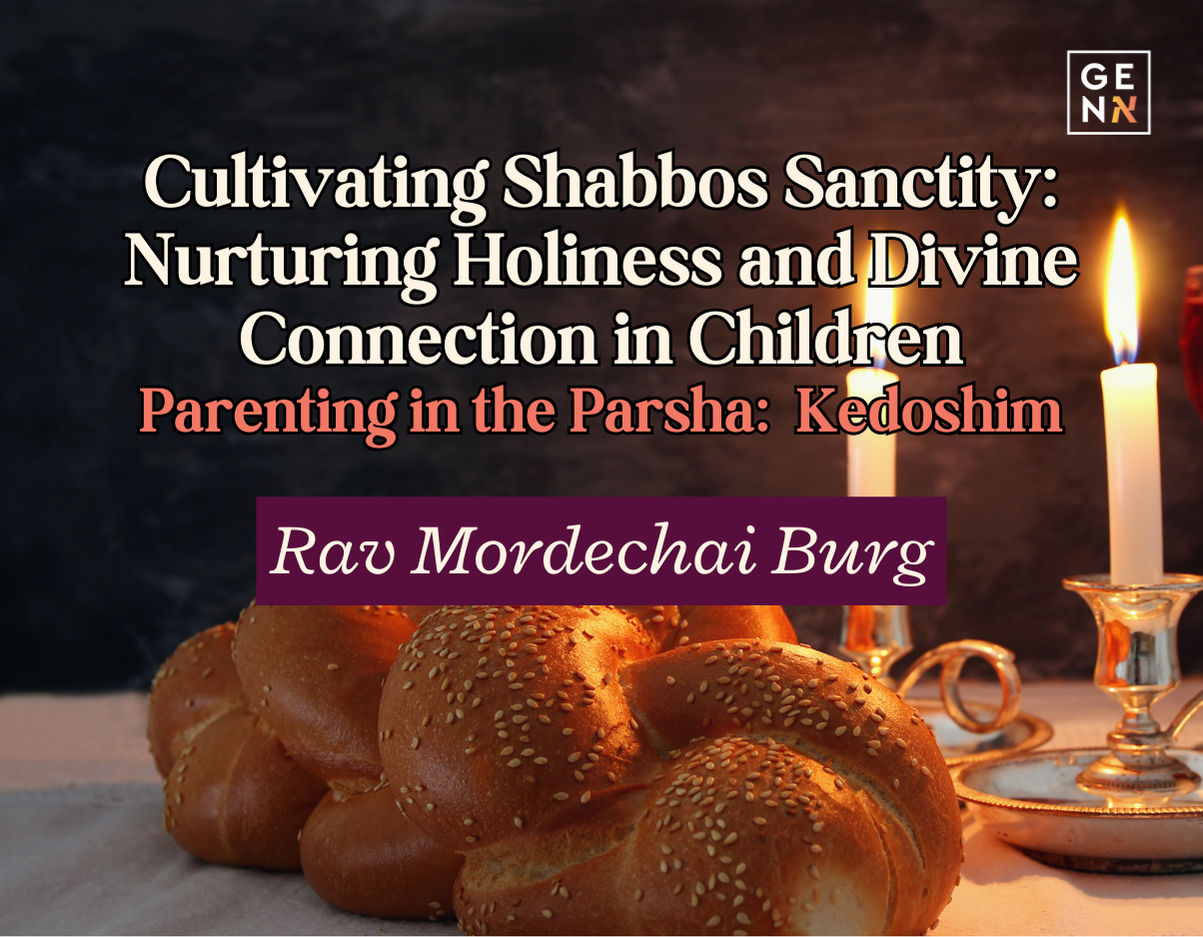וְהָיָה֘ עַל־מֵ֣צַח אַֽהֲרֹן֒ וְנָשָׂ֨א אַֽהֲרֹ֜ן אֶת־עֲוֹ֣ן הַקֳּדָשִׁ֗ים אֲשֶׁ֤ר יַקְדִּ֨ישׁוּ֙ בְּנֵ֣י יִשְׂרָאֵ֔ל לְכָל־מַתְּנֹ֖ת קָדְשֵׁיהֶ֑ם וְהָיָ֤ה עַל־מִצְחוֹ֙ תָּמִ֔יד לְרָצ֥וֹן לָהֶ֖ם לִפְנֵ֥י יְהֹוָֽה:
It shall be upon Aaron’s forehead, and Aaron shall bear the iniquity of the holy things that the children of Israel sanctify, for all their holy gifts. It shall be upon his forehead constantly to make them favorable before the Lord. (Shemos 28:38)
Among the eight garments that the Kohen Gadol wears during his Avodah in the Beis HaMikdash is the Tzitz, a golden plate that has engraved upon it the words Kodesh LaHashem, holy to God. The Torah puts an emphasis on the fact that the Tzitz is worn upon the forehead constantly in order to curry favor before Hashem. But what is special about the Tzitz, more than any of the other priestly garments, that the Torah tells us that it must be worn constantly? In what way does the Tzitz make us favorable before Hashem?
Keep your eyes on the road. Critical advice that every parent gives to their child when they start driving. Don’t look at your phone. Don’t put on makeup. A car is a weapon in the wrong hands. You have the ability to harm others. You have the ability to harm yourself. Don’t be foolish. Keep your eyes on the road. Why isn’t this obvious? Why do we need to warn our children so many times (and frankly why as adults don’t we listen to the advice that we dispense)? Because it is easy to get distracted from our mission. Our phone dinged and we got curious as to who was messaging us. We just had to send one important message. We were in a rush to make it to that wedding so we applied our makeup on the way. Even though we are hurtling down the road at 65 miles per hour, a speed which one hundred years ago would have been unfathomable to human beings and which we do regularly today, somehow we think it is ok to take our eyes off the road. And even though we know that the results could Chas V’shalom be catastrophic, for some reason we still do it.
Judaism is no different. It is difficult to keep our eyes on the road. We may have an inspiring Shabbos but somehow during the week we lose focus. We may have had a meaningful Davening but that does not necessarily translate to the rest of our day. How do we make ourselves favorable before Hashem? We must wear the Tzitz on our forehead. Not on our hearts where it may be covered up but on our heads for all, including ourselves, to see. It is a declaration that our lives are consecrated to God. Although from time to time we get distracted, we must never lose focus of the overarching mission. The Tzitz keeps up focused. It ensures that we keep our eyes on the road. It is the equivalent of having someone constantly remind us that a car is a deadly weapon and that taking our eyes off the road could prove fatal. More than any other garment, the Torah puts an emphasis on the fact that the Tzitz must be constantly worn. To remove the Tzitz is to lose focus on why we are here in this world.
As Jewish parents it is our responsibility to ensure the succession of Yiddishkeit. Hashem gave us a life and we must use it in His service. This is no small thing to be able to give over to our children, especially in a generation where our children are pulled in so many different directions. We send our children to Yeshivas and camps and we hope that they are inspired by the Torah they learn and the programming they participate in. But we know that no matter how inspired they are, their eyes will wander (just like ours do). Our children need to see us wearing our proverbial Tzitz. They need to know that we all get distracted but we must never lose sight of our ultimate goal. It is ok to make a wrong turn, it is not ok to drive in the wrong direction and arrive at an unplanned destination simply because we lost focus of where we were going in the first place. A father may spend a lot of time in the office but his focus is on providing for his family. Does he enjoy success in business, of course he does but ultimately he is not a businessman but a father. The same is true of our Yiddishkeit. We may not spend our entire day davening and learning but the other things we do are not in spite of our Yiddishkeit but in support of it. We make a parnassa in order to send our children to Yeshivas and camps etc… Our lives are Kodesh LaHashem. Both overtly and covertly these things need to be communicated to our children.
I am reminded of a story from when I was a late teenager. A friend of mine was on a journey with regards to his Judaism. I would not describe him as off the derech but it did not appear to me on the outside that he was particularly passionate about Judaism either. Let’s say, he was searching. One day in camp our conversation drifted to his father, a prominent and well respected Rav/Mechanech. It was a topic that we had not discussed before and being aware of “Rabbi’s son syndrome” it was not a subject I would ever raise. I was surprised to hear my friend speak passionately about his father’s mussar seder. He spoke about how his father consistently learned Mesilas Yesharim and was always working on himself. He spoke about how it inspired his own journey. Today my friend is a well respected Mechancech himself. Someone who is raising a family of Bnei Aliyah and has dedicated himself to the Klal. I have no doubt that his father’s Tzitz, a life dedicated and focused on serving Hashem, was an instrumental part of helping his son become the man he is today.
Submit your questions
"*" indicates required fields











